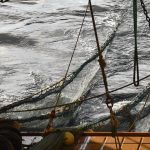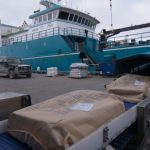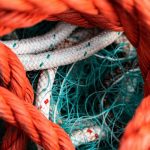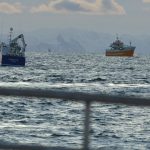News information revealed that the amount of cod caught on the Grand Banks this past year exceeded the 420 tonnes bycatch reduction target set by the Northwest Atlantic Fisheries Organization (NAFO) by a wide margin. NAFO data states that the target was exceeded by more than 500 tonnes, or 119 percent. NAFO ste the target of reducing bycatch by 40 percent and this was estimated to be the maximum the cod population could withstand in order to still have a chance to recover.
Dr. Robert Rangeley, Vice-President, WWF-Canada, Atlantic Region, opined that it is difficult to ignore these numbers as rebuilding fish stocks and ecosystems is possible if exploitation rates are reduced and effective controls are implemented in waters beyond national jurisdiction. He added that by enforcing absolute limits on cod bycatch through a combination of gear restrictions and closed areas at this meeting, NAFO can provide the last chance for restoring this cod fishery. NAFO delegates can turn to their host country, Norway, as a model of what happens when ecosystem based and precautionary approach management is followed, and sustainability and recovery plans are adhered to.
WWF is calling on NAFO to take concrete steps to meet their 2006 commitment to protect critical habitats and the health of the oceans. It is told that in the past year, limited steps were taken to provide protection for vulnerable marine ecosystems (VMEs) within NAFO’s regulatory area, but the damaging effects of fishing gear continue to impact oceans health and species recovery.








